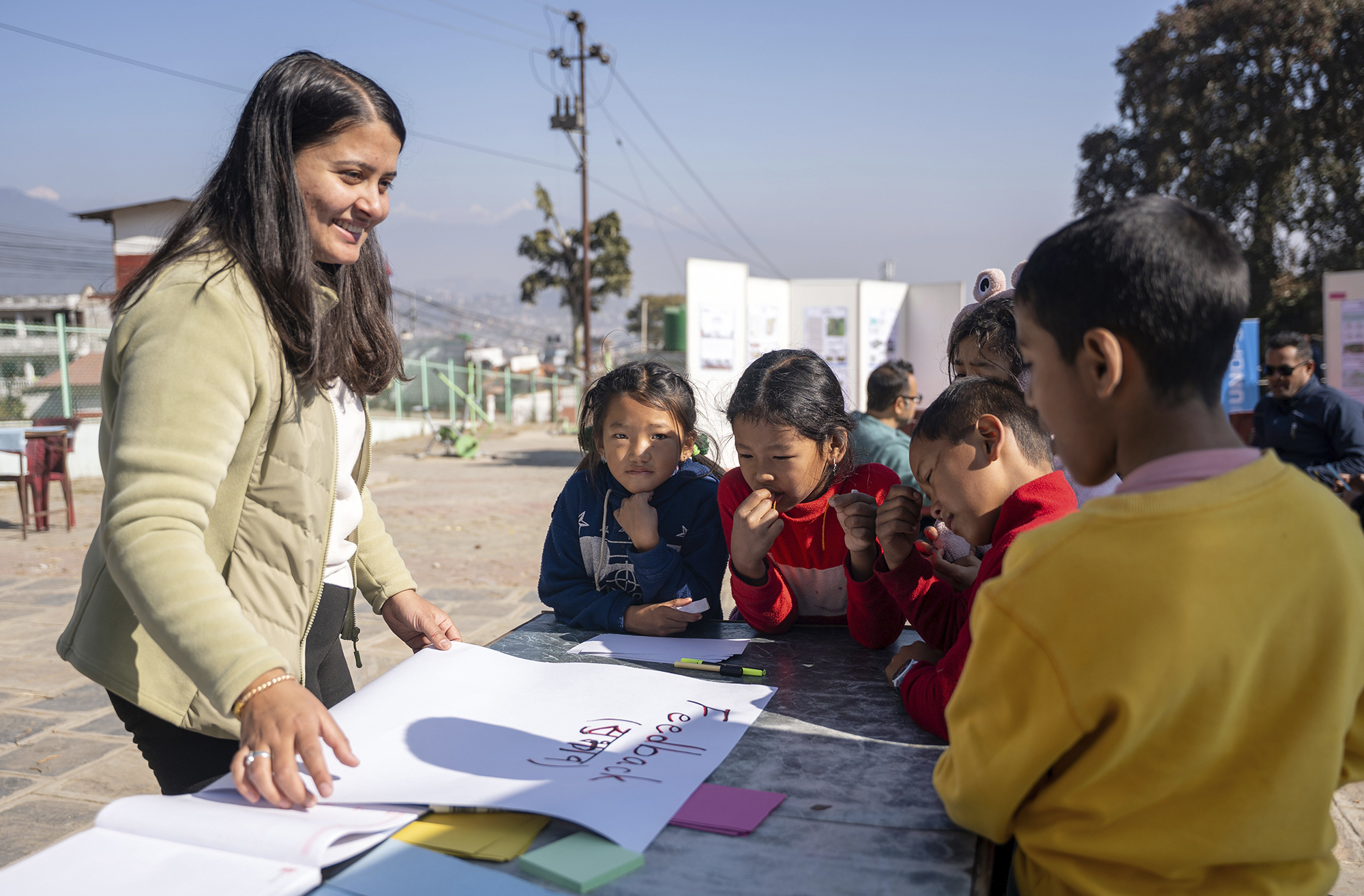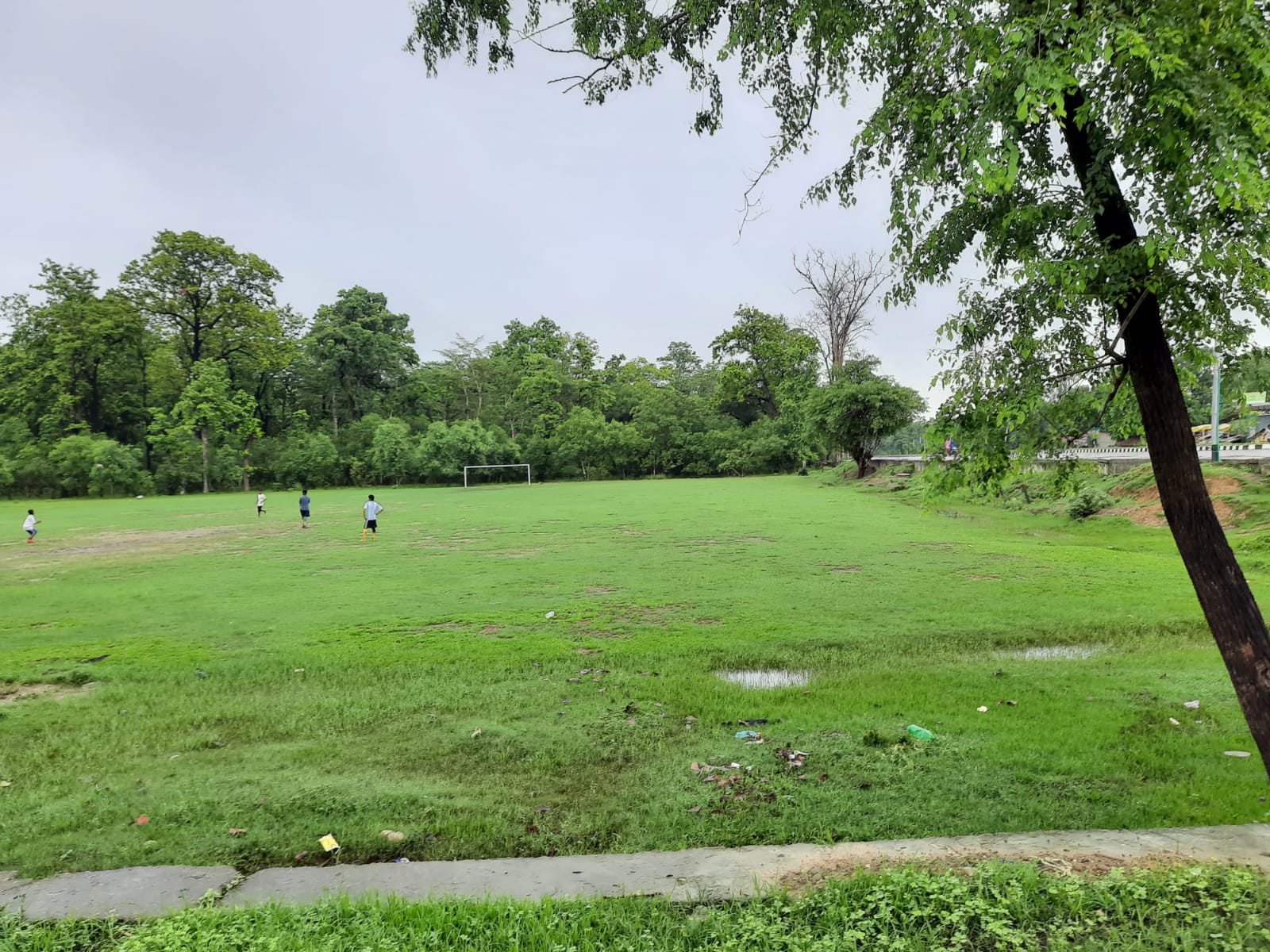The United Nations Capital Development Fund (UNCDF) has received a grant to facilitate a Cities Alliance campaign for equitable economic growth in two secondary cities in Uganda. Part of the Cities Alliance Joint Work Programme for Equitable Economic Growth, the initiative looks at how cities can improve access to public goods and services as a pathway towards economic transformation.
UNCDF is working in the cities of Mbale and Gulu, which both held workshops to kick-off the campaign in December 2016. The workshops were the first in a series of gatherings where local public, private and civil society actors will work together to explore ways to expand service access among individuals, households and formal and informal businesses.
Dmitry Pozhidaev, UNCDF and JWP focal point in Uganda, facilitated sessions to identify service areas of particular importance to boost local economic activity.
“UNCDF views the Cities Alliance Joint Work Programme in Uganda as a powerful vehicle to address the challenge of unequitable, imbalanced and fragmented urban economic growth. UNCDF will work with the participating municipalities and other Cities Alliance members to identify solutions that work and will help translate such solutions into specific programmatic interventions to foster equitable and inclusive urban development,” said Pozhidaev.
In parallel to the workshops, UNCDF will produce in-depth diagnostics focused on the identified service areas. This analysis of city-specific assets, opportunities and limitations will result in policy recommendations that outline practical steps that can be taken at the city level to foster vibrant, equitable, local economies.
The campaign will run for two years and forms an integral part of the JWP’s globally-oriented components. The insights from Uganda will not only benefit the cities themselves, but also inform the global dialogue on how to foster equitable economic growth in resource-strained secondary cities around the globe.




